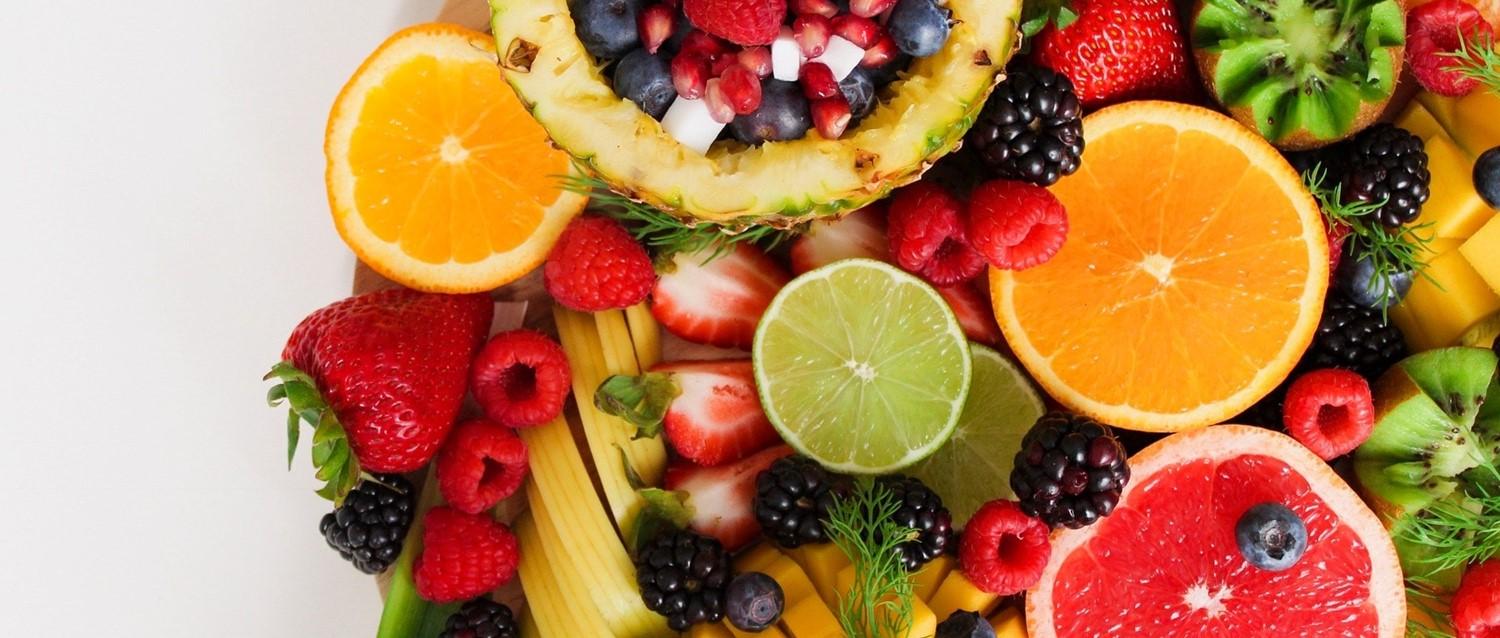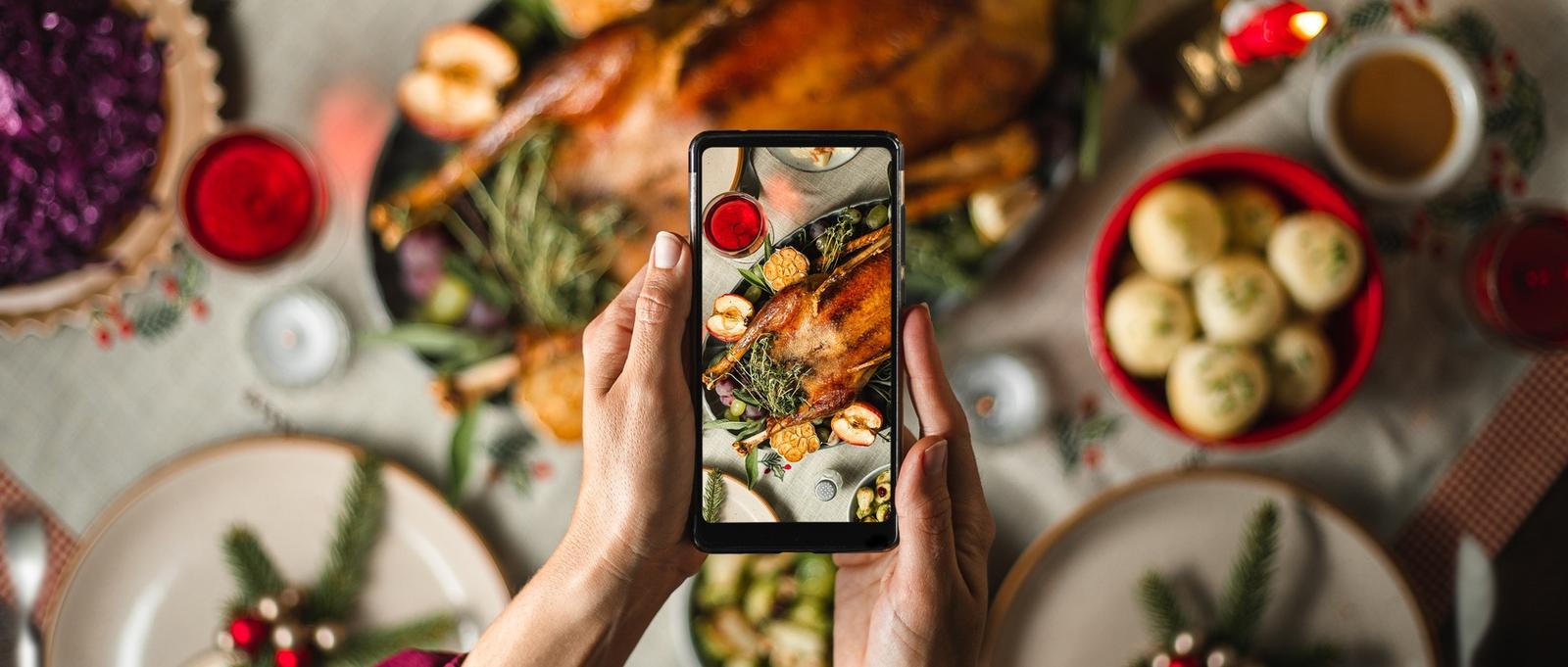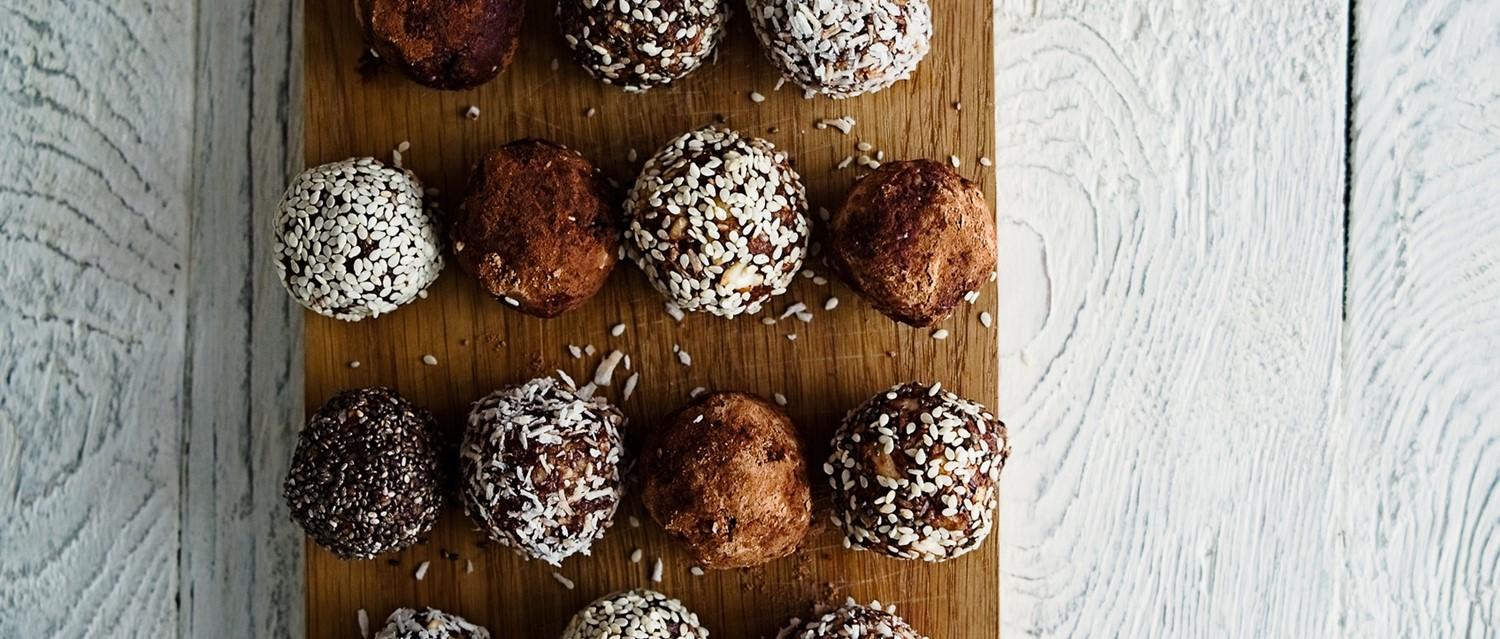
Can psychology diet apps help you eat more mindfully?
Peer reviewed by Dr Krishna Vakharia, MRCGPLast updated by Lydia SmithLast updated 17 Dec 2023
Meets Patient’s editorial guidelines
- DownloadDownload
- Share
- Language
- Discussion
Diet apps like Noom have become increasingly popular in recent years. Unlike traditional calorie-counting diet plans, they emphasise the use of psychology-based techniques to help users understand their behaviour when it comes to food. But are these programmes based on pseudoscience, or can they really help people make healthier decisions?
In this article:
The way we feel and think and our eating habits are closely connected. When we feel sad or low, many of us reach for comfort foods to boost our mood. When we are anxious or upset, we may not feel like eating at all. Often, we create emotional connections to certain foods, such as meals we ate in childhood. Our emotional state can also lead to emotional eating and unhealthy eating habits, such as eating too much or too little.
Research shows stressful situations can lead people to make substantial changes to their eating habits, such as binge eating1. We may overeat to boost temporary feelings of joy or to activate our brain's reward system.
With our emotions clearly linked to the way we eat, psychology may also help us make behavioural changes and create a more positive relationship with food.
"At its heart, psychology can help people to make better food choices and find a level of control over eating behaviours," says Lee Chambers, a psychologist and wellbeing consultant. "It can also help us become more aware of the feelings generated from the foods we consume. An increased self-awareness of our triggers and eating behaviours can provide the ability to choose empowered responses."
Continue reading below
Diet apps and psychology
The aim of most diet apps is to help people eat fewer calories in order to lose weight. However, psychology-based ones attempt to create healthier long-term habits by helping people recognise how their emotions and feelings influence eating habits. By noticing these behaviours, it is hoped that we can change them.
This is a different, more holistic approach than other, more traditional calorie-counting apps, which often label foods as 'good' or 'bad'. Placing these moral labels on food is unhealthy as it leads to guilt and shame when we inevitably reach for a biscuit. It can affect our mood and subsequently what we eat next.
Psychology-based health programmes tend to avoid this binary approach to food. There is also a greater focus on why and when we choose certain foods and how we feel when we are eating. The aim is to create more awareness around our eating habits, so we can make mindful, healthier decisions.
"With a diet industry that has turned certain foods into either good or bad, often individuals struggle to embed their nutrition as an interconnected element of living," explains Chambers. "By understanding our motivations, strategies that work for us and how we can create positive coping methods for our challenges, we are more likely to be able to embed healthier choices with a concrete appreciation of why we are and the value of doing so."
Focus on eating behaviour and food psychology
Psychology-based diet apps are gaining popularity for a number of reasons. "While society's obsession with appearance and well-being continues unabated, there has been an increasing rebellion against the traditional dieting services that focus on food types, points systems and strict plans," says Chambers.
"There is a feeling that they address the surface issues, but do nothing for the underlying behaviours, meaning they are likely to not be effective in the long term. There is also an increased desire for hyper-personalised services, rather than a standard meal plan."
Apps also give us an element of accountability and control. "There is also a level of education behind the psychology of eating that these apps feed you, and the feeling of support being only an app click away," adds Chambers.
Continue reading below
What are the downsides of psychology-based diet apps?
Like many apps, there are downsides. Some people may find them ineffective or even potentially dangerous, and apps are impersonal and don't suit everyone's needs. "For those with underlying medical conditions that impact weight loss, the app can easily cause frustration and even feelings of helplessness," says Chambers.
Additionally, any diet, weight-loss app or programme can contribute to disordered eating or make existing eating disorders worse, making recovery more difficult. Users may think food psychology-based apps are safer than traditional calorie-counting diets, but they can still be harmful.
"And there is the reality that it's an application that keeps you on technology, and doesn't go shopping, do the cooking, or complete the exercise that it suggests," says Chambers. "Sometimes it can be a barrier to changing environments and the external factors that influence the interconnected aspects of weight loss. It can narrow the focus to weight loss, when that is just one aspect of overall well-being."
Healthy living support
While apps can be a useful tool to help us think more about what they are eating and why, it's important to remember that there are limitations to these programmes. Apps like Noom won't work for everyone, but there are plenty of other ways to make lifestyle changes too.
If you're concerned about your health or eating habits, your doctor will be able to offer advice - especially if you have an underlying medical condition. It's important to contact your GP or practice nurse before making any significant dietary changes.
Dietitians can also offer personalised, professional support and advice. Some people can access dietitian input on the NHS, but sadly services are often limited to those with certain medical conditions or over/under a given body mass index (BMI). It's also important to speak to friends and family who can help you along the way, too.
Sometimes, in-person groups can provide helpful support to people trying to make positive changes in their lives. You can find these groups on social media or in local community centres - and they're a good way to meet others too.
Continue reading below
Further reading
Patient picks for Healthy eating

Diet and nutrition
9 food swaps for a delicious and healthy Christmas dinner
Being healthy may not always be the first thing on your mind on Christmas day. But what if we said you could make some nutritious food swaps so your Christmas dinner's just as tasty, but secretly healthier?
by Victoria Raw

Diet and nutrition
How to choose healthy snacks for you and your kids
In January 2018, Public Health England (PHE) launched a Change4Life campaign after research found half of children's sugar intake, currently around seven sugar cubes a day, comes from unhealthy snacks and sugary drinks. It encourages parents to 'look for 100-calorie snacks, two a day max' to cut children's sugar intake. But the real question is: should kids and adults be snacking in the first place? And if so, what are the healthiest things to eat between meals?
by Rose Constantine Smith, ANutr
Continue reading below
Article history
The information on this page is peer reviewed by qualified clinicians.
Next review due: 17 Dec 2026
17 Dec 2023 | Latest version
22 Nov 2021 | Originally published
Authored by:
Lydia Smith

Ask, share, connect.
Browse discussions, ask questions, and share experiences across hundreds of health topics.

Feeling unwell?
Assess your symptoms online for free
Sign up to the Patient newsletter
Your weekly dose of clear, trustworthy health advice - written to help you feel informed, confident and in control.
By subscribing you accept our Privacy Policy. You can unsubscribe at any time. We never sell your data.